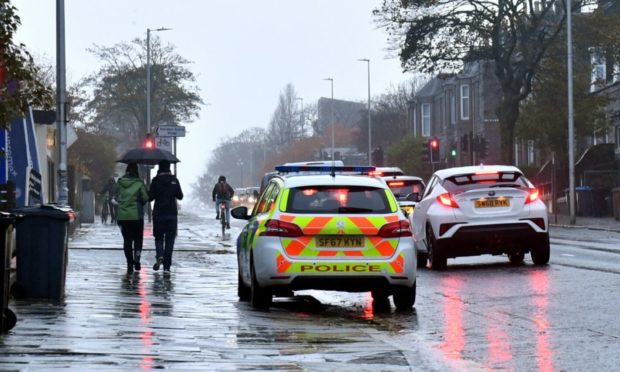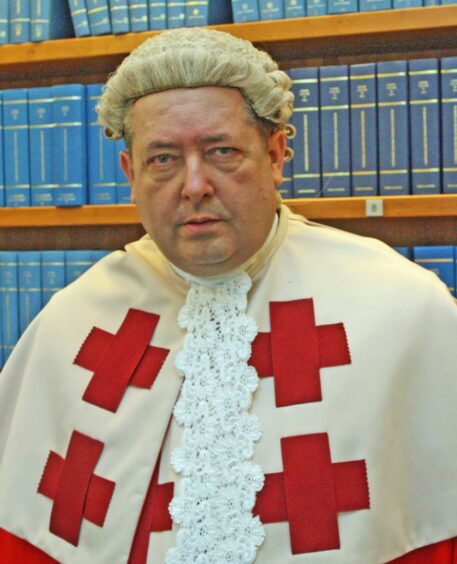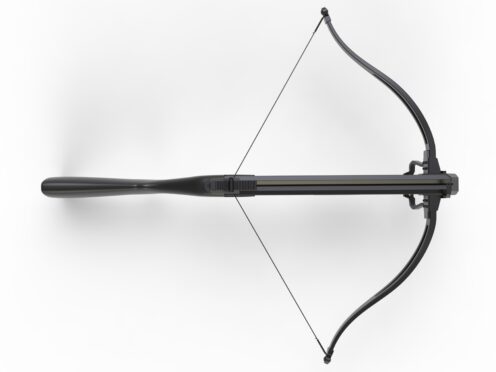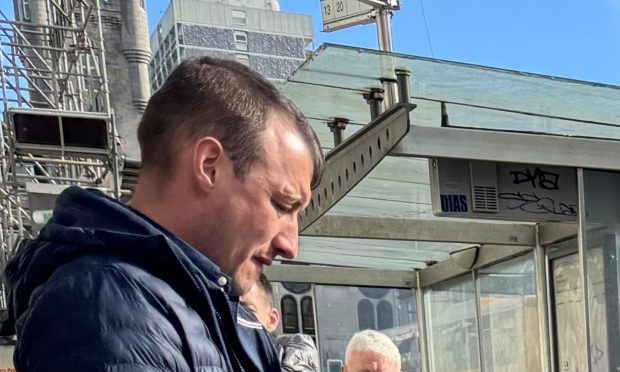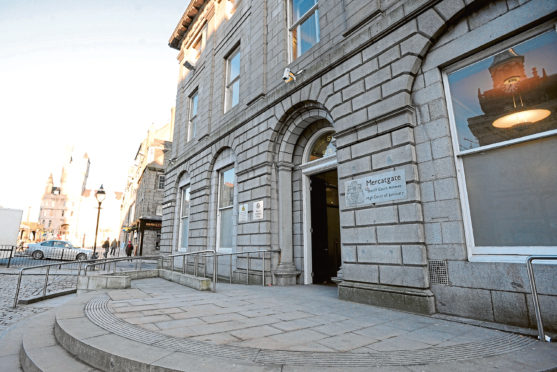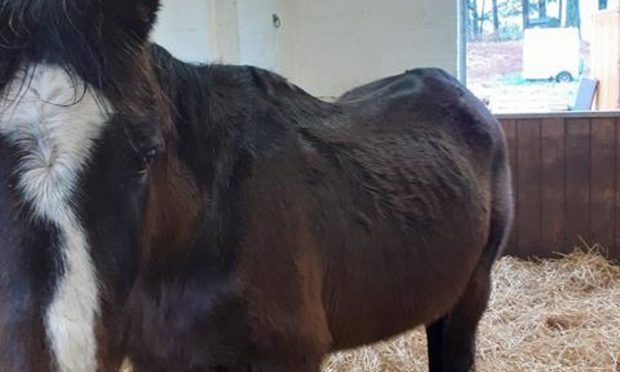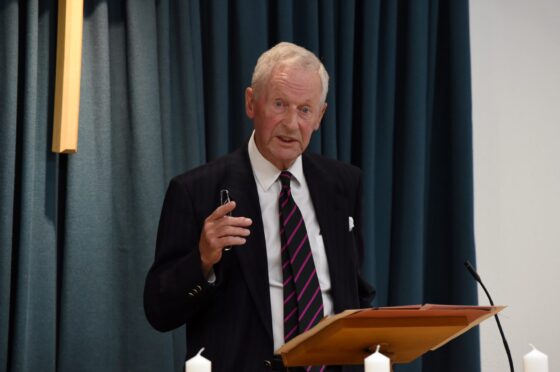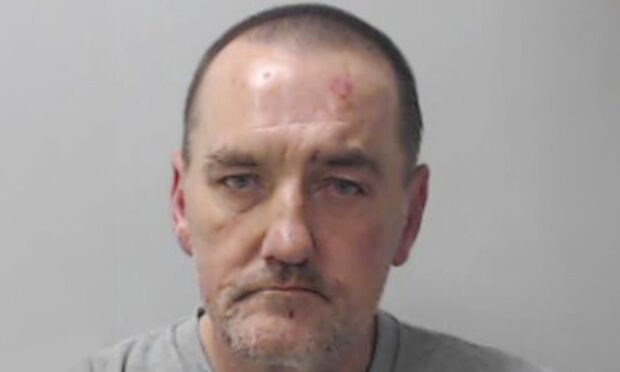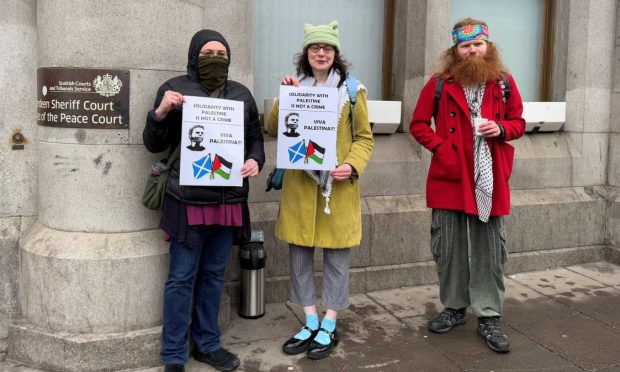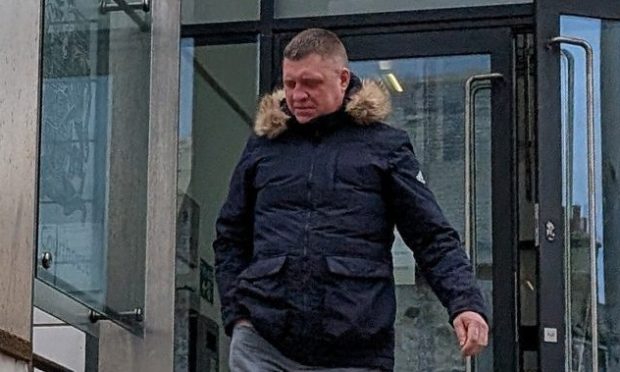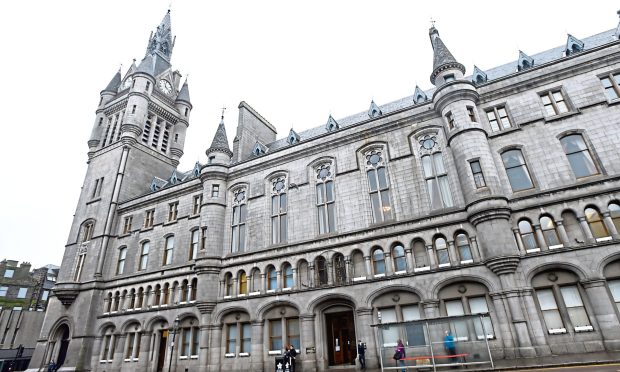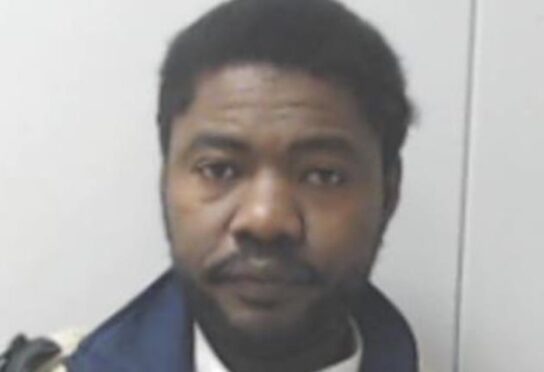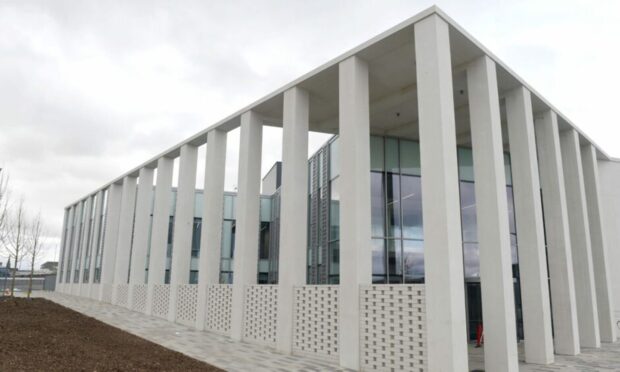An Aberdeen man standing trial on terrorism charges who allegedly possessed a “homemade explosive substance” has been diagnosed with Asperger’s Syndrome.
Jurors were told during proceedings at the High Court in Edinburgh on Thursday how Richard Smith, 29, has an “autism spectrum disorder”.
The jury learned of Smith’s condition after prosecutor Liam Ewing QC and defence lawyers agreed a statement of uncontroversial evidence.
The statement – which is called a joint minute – stated: “Richard Smith has been diagnosed with Asperger’s Syndrome, an autism spectrum disorder as defined in the World Health Organisation’s Classification ICD-10.
“As relevant to him, this defines the syndrome on the basis of a) No clinically significant delay in spoken or receptive language or cognitive development, b) Qualitative abnormalities in reciprocal social interaction, c) Abnormal intensity in the content and focus of interest, D) The disorder is not attributable to a specified variety of other disorders.”
The statement was read to jurors at the close of the Crown case against Smith, of King Street in Aberdeen.
Acquitted of some charges
He denies charges of breaching terrorism and explosives legislation.
Mr Ewing also made changes to the indictment which has been brought against Mr Smith.
The prosecutor withdrew a charge that stated that between October 10 2019 and November 13 2019 at locations in Aberdeen, Smith allegedly possessed sulphuric acid and nitric acid without “a licence”.
The charge also stated that Smith also allegedly possessed “barium nitrate” in breach of the Poisons Act 1972.
Mr Ewing also withdrew a charge which stated that on November 4 2019 at Kittybrewster Police Office in Aberdeeen, Smith assaulted Detective Sergeant Bruce Buntain by pushing him on the body.
The judge Lord Mulholland acquitted Smith on these charges.
‘Homemade explosive substances’
Mr Ewing also made changes to the remaining charges facing Smith.
Prosecutors claim that between October 19 2018 and November 13 2019 at various locations in Aberdeen, Smith “did make” or “knowingly” had in his possession “explosive substances”.
Prosecutors claim that these were “namely homemade explosive substances” and powders and chemicals, which could be used to make “explosive substances”.
It’s alleged that the substances could “cause or aid in causing an explosion,” and that it could give rise to “a reasonable suspicion” that he didn’t have the substances in his possession for a “lawful object”.
In relation to this charge, the Crown claims that Smith breached the Explosive Substances Act 1883.
The second charge alleges that between August 9 in 2018 and November 13 in 2019 at various locations in Scotland, Smith collected or made a “record of information of a kind likely to be useful to a person committing or preparing an act of terrorism”.
It’s alleged that he had “a quantity of texts, manuals, booklets, leaflets, videos and other guides” relating to the “manufacture of explosive substances, improvised detonators and improvised explosive devices” and the “manufacture of chemical and biological agents”.
It’s claimed that he created, downloaded “computer files”, “video files” and “picture files” on IT devices and CD and DVD discs and that these alleged actions breached the Terrorism Act 2000.
‘Chemical and biological agents’
The third charge alleges that between August 9 2018 and November 13 2019 at locations in Aberdeen, Smith possessed “a quantity of materials capable of being used in the manufacture of explosive substances” and possessed “a quantity of materials capable of causing or aiding an explosion”.
It’s also alleged that he created and possessed “texts, manuals, booklets, leaflets, videos and other guides” relating to the manufacture of explosive substances improvised detonators and improvised explosive devices.
Prosecutors also say he had information about the use of “chemical and biological agents” as weapons; guerrilla warfare and survival techniques.
He is also said to have had information about “the operation and manufacture of firearms and other weaponry”, “paramilitary survival and resistance” and “combat techniques” as well as information “advancing anti-Muslim, neo Nazi and other racist causes”.
Prosecutors say he also conducted online research into the “manufacture of explosive substances, improvised detonators and improvised explosive devices”; and that he possessed weapons – and that this was Contrary to the Terrorism Act 2006 section 5 (1a).
Smith has pleaded not guilty to the charges and the trial continues.
For all the latest court cases in Aberdeen and the latest crime and breaking incidents, join our new Facebook group.
